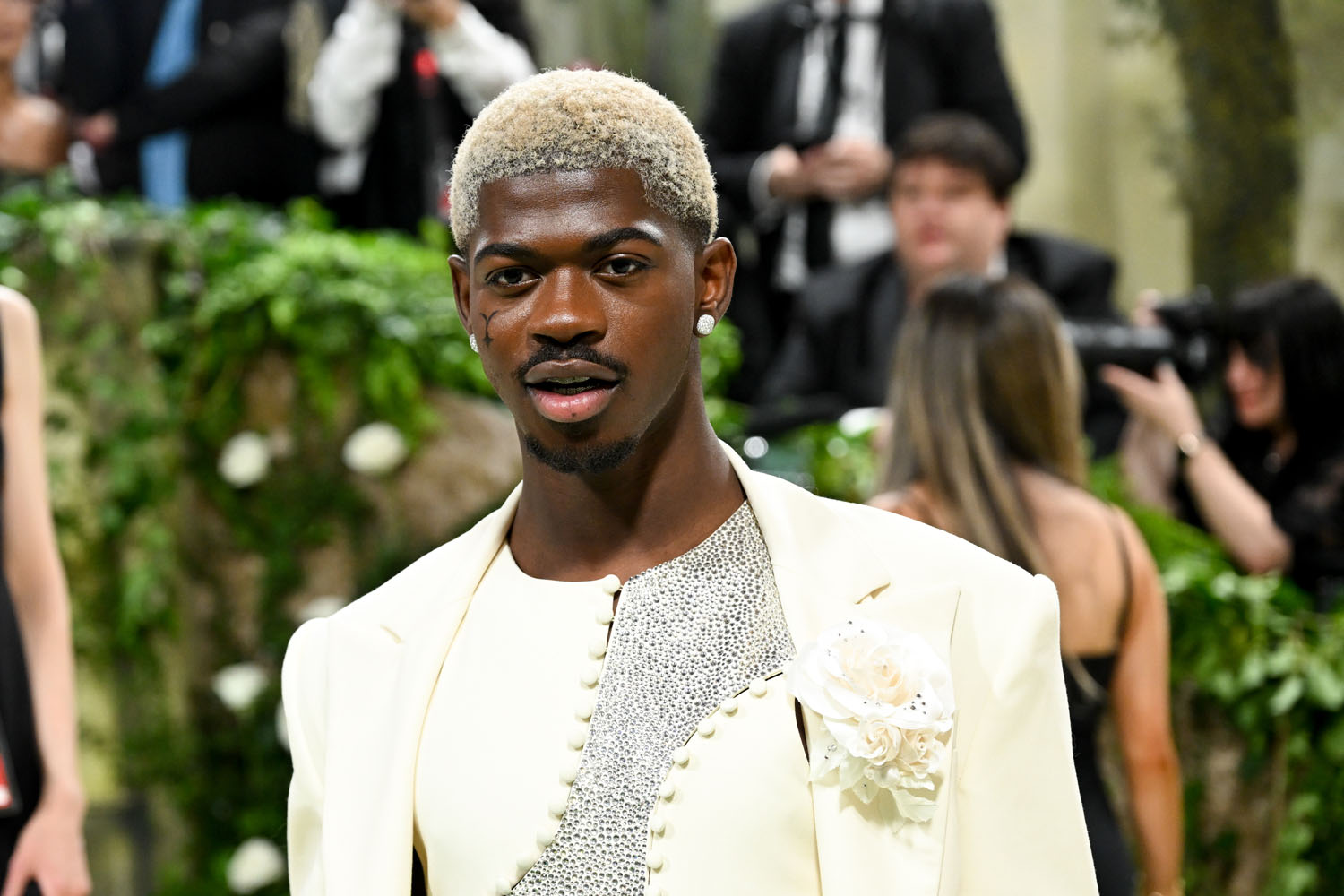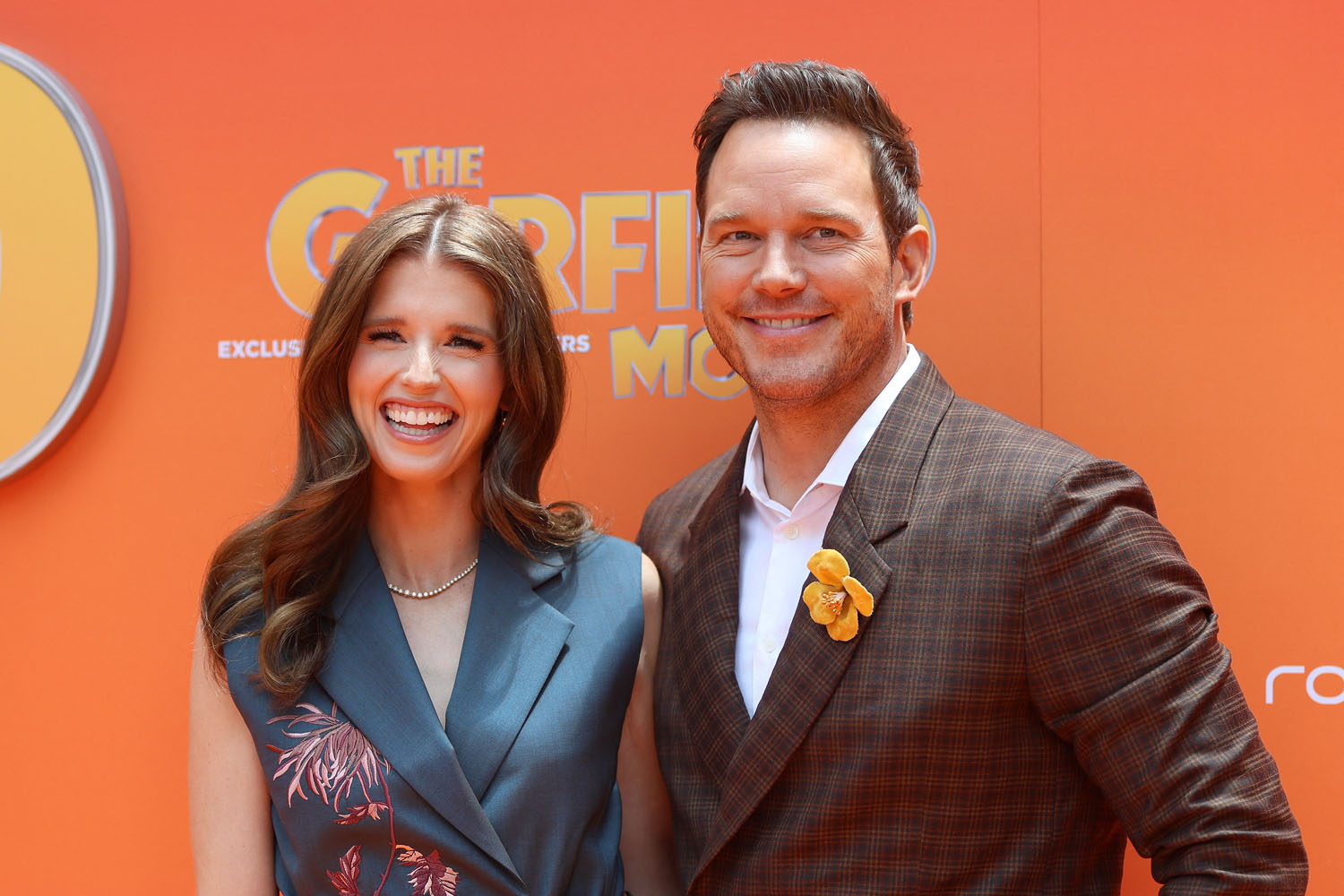Lil Nas X reflects on country



As Lainey linked to yesterday in What Else?, Lil Nas X is reflecting on his experience in the country music industry and its current state. And it’s worth unpacking more of his thoughts after the developments of the last couple of months following the success of Beyoncé’s COWBOY CARTER and Shaboozey rise on the charts.
Beyoncé made history with “Texas Hold ‘Em”, becoming the first Black woman to hit number one on the Billboard hot 100 country songs. She held onto the spot for ten whole weeks before Shaboozey took the #1 spot his hit “Tipsy”. And while Lil Nas X says that he’s “happy” for both of them, he expressed frustration at not having the same success back in 2019 with his hit “Old Town Road”, telling the BBC that: “I wish this would have happened for me. I wasn't even able to experience this."
Five years ago, his hit song was removed from the same Billboard Hot 100 country songs list over claims the song didn’t include enough elements of current country music to maintain its place on the chart. At the time, there was a lot of speculation from Lil Nas X himself and music critics alike that the removal of the song from the charts was racially motivated.
"I believe whenever you’re trying something new, it’s always going to get some kind of bad reception," he said in an interview with Time magazine.
That was when Billy Ray Cyrus got involved, appearing on the remix, to make it more “country” (read: white country). But that didn’t appear to be enough, either. Since then, Lil Nas X has kept his distance from country. But during the interview with BBC, he said that he’s been "trying out some country [sounds] here and there over the last couple of years” and that he wants “to feel connected to it and not force it.”
As for what genre he felt the song was? He told Time magazine, "The song is country trap. It’s not one, it’s not the other. It’s both. It should be on both charts."
It’s interesting to hear him talk about the blending of sounds, especially considering it didn’t work for him, from a chart perspective anyway. Most would agree that his lack of success in holding a spot on the chart wasn’t a reflection of poor sound, quality and certainly not popularity – but rather, the gatekeeping and racism that has long plagued the genre and the Black musicians trying to break into it. But the recent success of Beyoncé, Shaboozey and a swath of others in the country realm could be an indication that things are changing. Slightly. And slowly. And that they can blend sounds and still have it be country.
In fact, the hit that earned Shaboozey his number one spot on the Billboard chart was inspired by a 2004 rap song of the same name that was released by J Kwon, a one hit wonder. J Kwon’s song is really prevalent throughout Shaboozey’s hit and while it may sound new for people who didn’t listen to BET or hip-hop and R&B radio, it’s immediately recognizable and unmistakable for those that did.
Though 2024 has been a year full of surprises, I have to say that a Black country artist (with a really interesting moniker) having a number one country song inspired by a 20-year-old rap song was not on my bingo card. I think that’s kind of the point, though.
Country music is going through a massive change. And while it may be easy to look at the current landscape and attribute the moving of the needle solely to Beyonce, people have been making noise about country’s exclusivity for years. The difficulty Black people have had in the country music space is part of the reason artists like Mickey Guyton had a hard time achieving mainstream success and ended up writing her hit song “Black Like Me”. The racism and gatekeeping has long been chronicled, and I did a deep dive about that in this piece from 2023.
To think that Beyoncé, arguably the most singular female musician in the world, would be at a disadvantage anywhere, let alone somewhere in the music industry, is unthinkable for a lot of people. But she did not just gracefully enter and descend into this space. She faced a lot of rejection, a lot of friction and of course – a lot of anti-Blackness.
If Beyoncé had a hard time getting into country in recent months, it only makes sense that Lil Nas X, who rose to fame after becoming a viral sensation on X and Vine, might have had some trouble in 2019, too. But I do think that him making noise about it, in a way, helped pave the way for more Black musicians in country.
In Shaboozey’s case, he’s absolutely a talented musician and knows the art of making toe-tapping music. And while this isn’t to take away from the work he’s done to forge a path for himself, more opportunity did open up for him because of his work with Beyoncé. That’s not a dig at him, it’s a dig at the fact that in order for people to listen to your music and realize it’s great and separate the song from the skin colour of the person who made it, you might need a boost from Beyonce, and even she faced her own struggles.
In a way, Lil Nas X put the country music industry on notice when he named and shamed what was really happening – something that’s been echoed by several others since 2019. In addition to its racism problem, there’s also an anti-LGBTQ problem. And because of its exclusivity, the genre is losing the support and participation of musicians like Maren Morris, who stepped away from it over the archaic, racist and anti-LGBTQ ideologies that tend to be upheld through the music and culture. It makes it hard for country fans who enjoy country but don’t quite resonate with Morgan Wallen’s antics or Jason Aldean’s confederate flag anthems.
I love that Lil Nas X is, yet again, calling country music out on its sh-t. And though part of me thinks he’s totally delusional for thinking that he, a social media personality with a hit on his hands, could quickly ascend the ranks of a genre entrenched in anti-Blackness, the other part of me admires that delusion and wonders, why can’t he?
We hear rags-to-riches success stories all the time, particularly in country music. So many storylines in country songs are about artists coming from small towns (hopefully not the kind that Jason Aldean was hooting and hollering about), making it in the big city and never losing their small-town charm. But that looks very different when you’re a person of colour.
His song and his fight may not have earned him the chart acceptance that he was hoping for, but perhaps Lil Nas X can give himself some credit for moving the needle forward for Black people in the country music scene. And maybe as he experiments with different sounds, he finds a way back to country that isn’t forced – and then receives the recognition he deserves.

